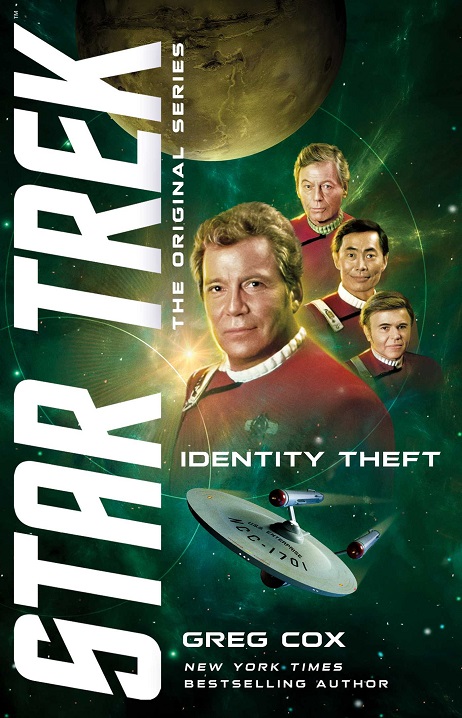Yes, the shows could somehow be made to fit if they had to, but generally speaking, no one cares about the new series anyway.
The Paramount+ series have fallen below Star Trek and TNG, which are now both trending well below their previously stable level. This is why I think this discussion is pointless—the audience that cares about the streaming series is small enough that they don't have meaningful mindshare (deservedly or not).
TOS and TNG are products of a different age. Very few TV shows -- including a lot of the ones that people talk a lot about -- get the kind of audiences shows used to get. Star Trek is hardly unique in this.
Generally speaking, compared to the viewership of 1990s US network TV, no one cares about pretty much any streaming era show you could name. Almost everyone I know offline has seen a Star Wars movie or two, but not many have seen Andor. I wouldn't be surprised if a majority of the people who watched the Lord of the Rings movies or Game of Thrones don't even know there are streaming spinoffs of them. That's got nothing to do with the quality of any streaming show, and everything to do with there being too many streaming services and too many shows.


